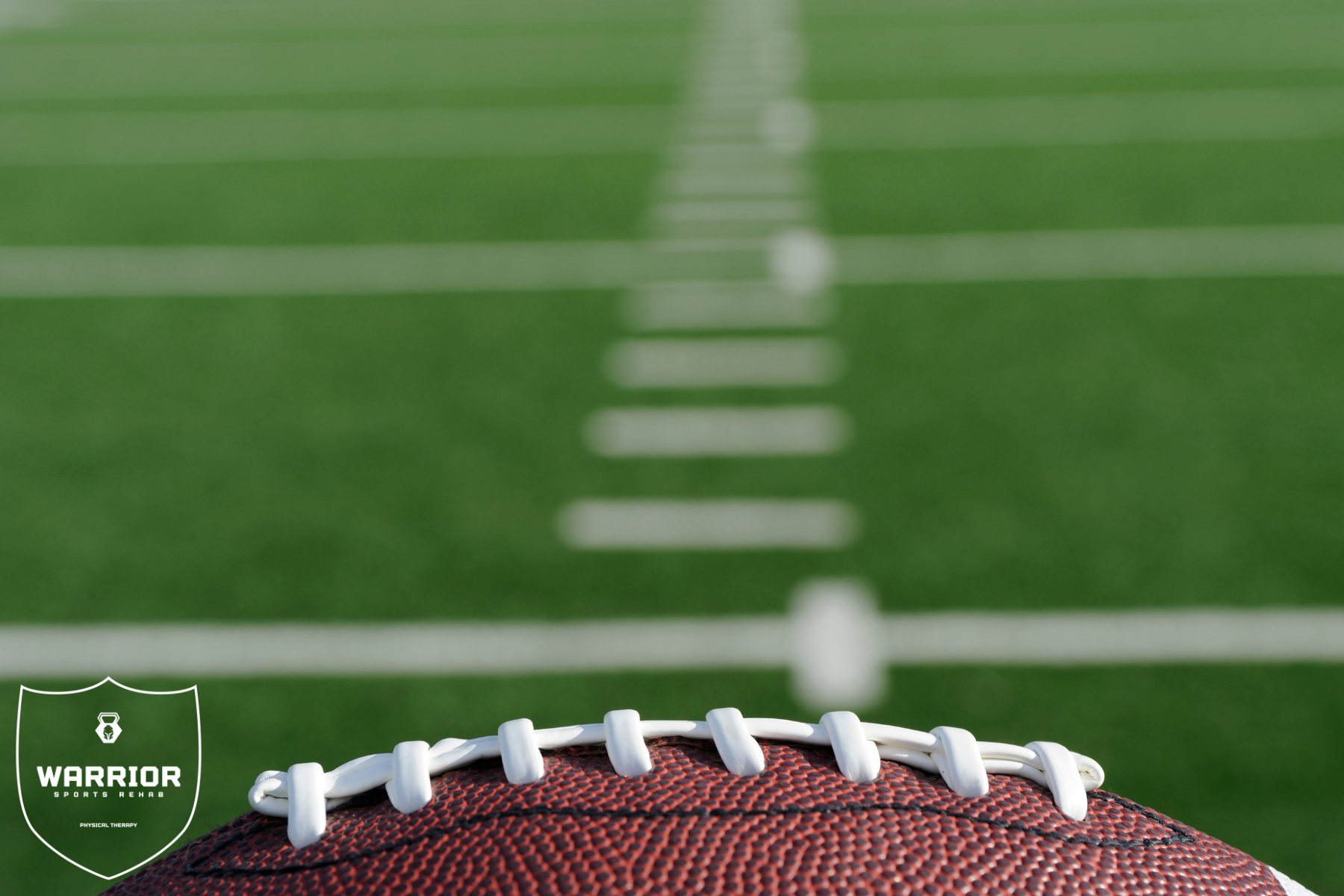Athletic performance is a blend of physical prowess, mental fortitude, and strategic preparation. Whether you’re a seasoned athlete or just starting your journey, there are always opportunities to enhance your performance and reach new heights. In this blog post, we’ll explore three quick and effective ways athletes can optimize their training, elevate their game, and maximize their athletic potential.
Prioritize Proper Nutrition and Hydration:
- Nutrition plays a crucial role in fueling athletic performance and supporting optimal recovery. What you eat and drink before, during, and after training or competition can significantly impact your energy levels, endurance, and overall performance.
- Pre-Workout Nutrition: Consume a balanced meal or snack containing carbohydrates, protein, and healthy fats 1-2 hours before exercise to fuel your muscles and sustain energy levels. Complex carbohydrates provide a steady source of fuel, while protein supports muscle repair and growth. Examples include whole grain toast with peanut butter, yogurt with fruit, or a turkey sandwich on whole wheat bread.
- Hydration: Proper hydration is essential for maintaining performance and preventing dehydration, which can impair cognitive function, endurance, and muscle function. Drink water consistently throughout the day and consume fluids before, during, and after exercise to replace fluids lost through sweat. Electrolyte-rich beverages such as sports drinks or coconut water can help replenish electrolytes lost during intense workouts or prolonged activity.
- Post-Workout Nutrition: Refuel your body with a combination of carbohydrates and protein within 30-60 minutes after exercise to support muscle recovery and glycogen replenishment. Opt for a protein shake, chocolate milk, or a balanced meal containing lean protein, complex carbohydrates, and vegetables to promote muscle repair and recovery.
Incorporate Functional Training and Plyometrics:
- Functional training focuses on movements that mimic real-life activities and sports-specific actions, helping athletes improve strength, power, agility, and balance. Plyometric exercises, in particular, are highly effective for enhancing explosive power and athletic performance.
- Plyometric Exercises: Incorporate plyometric drills such as box jumps, depth jumps, and plyometric push-ups into your training routine to improve explosive strength and power. Plyometrics involve rapid stretching and contraction of muscles, leading to greater force production and neuromuscular efficiency.
- Functional Strength Training: Perform compound exercises that target multiple muscle groups and replicate movements relevant to your sport or activity. Examples include squats, lunges, deadlifts, overhead presses, and rows. Emphasize proper technique, gradually increase resistance, and vary your workouts to prevent plateaus and promote overall strength and athleticism.
- Agility and Balance Training: Integrate agility drills, cone drills, ladder drills, and balance exercises into your training regimen to improve coordination, agility, and proprioception. These exercises enhance body awareness, reaction time, and dynamic stability, all of which are essential for athletic performance and injury prevention.
Prioritize Recovery and Rest:
- Recovery is an often-overlooked but crucial aspect of athletic performance. Proper rest and recovery strategies are essential for optimizing training adaptations, preventing overuse injuries, and maintaining long-term health and well-being.
- Sleep: Aim for 7-9 hours of quality sleep per night to support physical recovery, cognitive function, and overall performance. Sleep plays a vital role in muscle repair, hormone regulation, and immune function, making it essential for athletes striving to maximize their potential.
- Active Recovery: Incorporate active recovery techniques such as light aerobic exercise, foam rolling, stretching, yoga, or low-intensity activities into your routine to promote blood flow, reduce muscle soreness, and enhance recovery between workouts.
- Listen to Your Body: Pay attention to signs of fatigue, soreness, or overtraining, and adjust your training volume and intensity accordingly. Rest when needed, and don’t hesitate to seek guidance from a coach, trainer, or healthcare professional if you experience persistent pain or fatigue.
By implementing these three quick and effective strategies into your training regimen, you can enhance your performance, improve your athleticism, and unlock your full potential as an athlete. Prioritize proper nutrition and hydration to fuel your body, incorporate functional training and plyometrics to develop strength and power, and prioritize recovery and rest to optimize training adaptations and prevent injury. Remember, consistency and dedication are key, so stay committed to your goals and continue to push your limits in pursuit of excellence. With the right mindset and approach, you can elevate your game and achieve success in your athletic endeavors.



